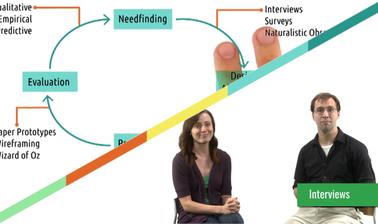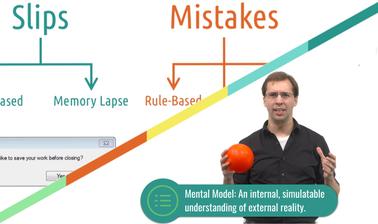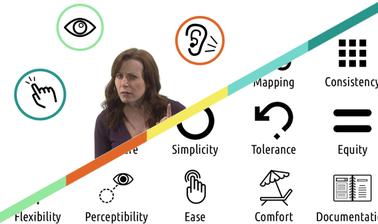Human-Computer Interaction Professional Certificate
What you will learn
- The fundamental guidelines and heuristics of user interface design to inform the creation of strong user interfaces, from major principles like discoverability and affordances to frameworks like distributed cognition and task analysis.
- The stages of the design life cycle, including needfinding and requirements gathering; individual and group brainstorming; low- to high-fidelity prototyping; and qualitative, quantitative, and heuristic evaluation of human-computer interfaces.
- The power of human-computer interaction in the modern world and the role it can play in promoting equity, accessibility, and progress.
- The application of modern development frameworks and theories like the Agile Method, Universal Design, Activity Theory, and Value-Sensitive Design to the creation of computational interfaces.
- The state of the art in HCI, including emerging technologies like virtual reality, augmented reality, and wearable devices; new ideas like context-sensitive interfaces and social computing; and application areas like healthcare and cybersecurity.




